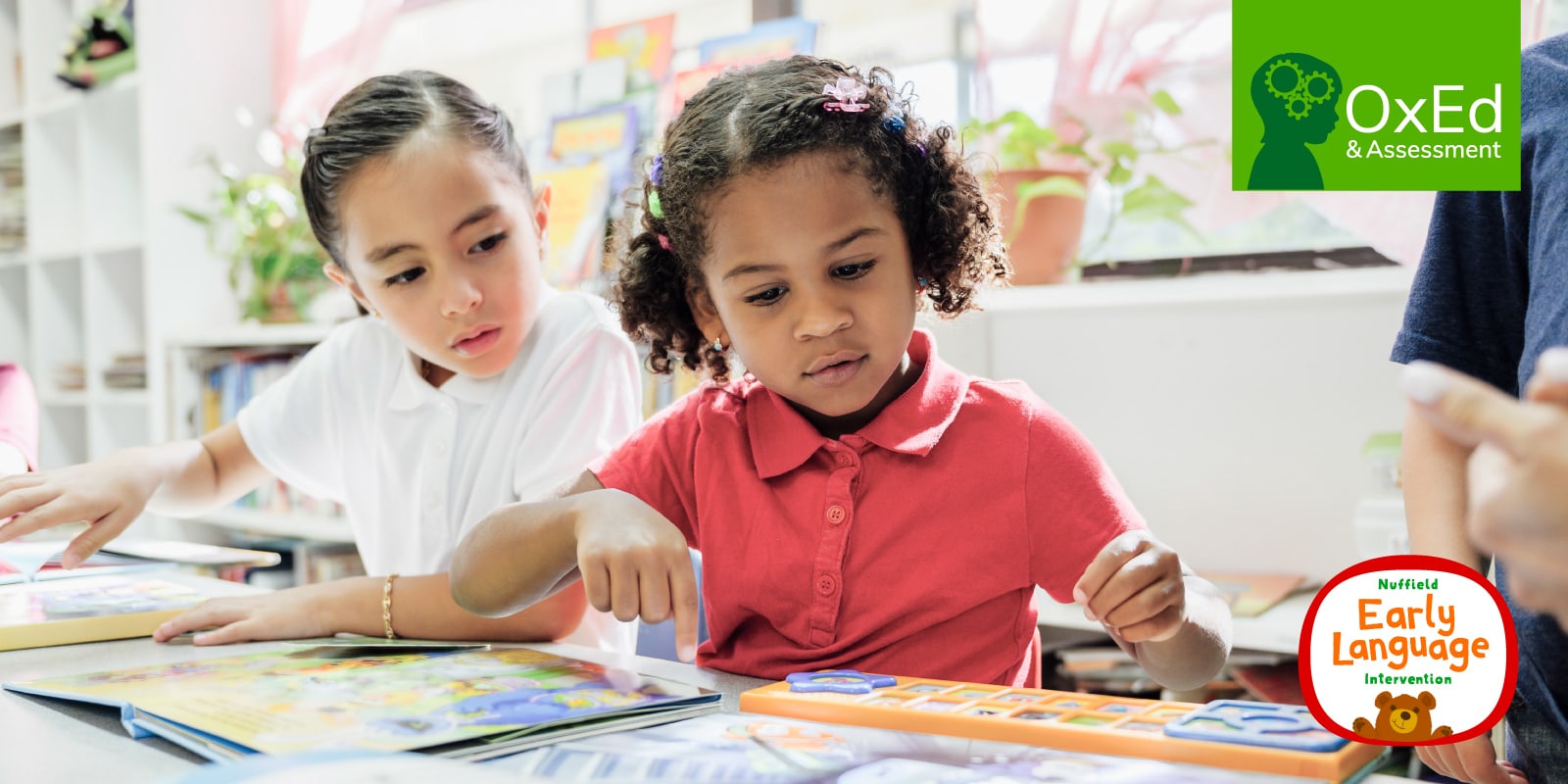New Perspectives on Primary Assessment
We believe that assessments can play a valuable role in building a picture of primary pupils’ skills and knowledge, plus the next steps they can take.
It’s our ongoing mission to support every child’s learning journey. That’s why we’re committed to collaborating with the education community and seeking out an array of perspectives so that together, we can forge the future of assessment in primary schools.
United by the aim to bolster outcomes and encourage progress for all primary learners, there is plenty of common ground to be shared in the subject – and we’re eager to keep the conversation going.

Perspectives blog series
Our Perspectives blog series brings together new insights from practitioners, industry leaders, families and pupils – fostering openness and understanding around different views of primary assessments.
Together, our contributors will tackle a host of subjects, including the power of assessments to support teachers, the impact of COVID-19 on assessments, and gaining the trust of parents through communication and data.
Closing the word gap
How can we provide the kinds of experiences that can help children catch up in their language? One way is by putting in short-term, small-group interventions, often led by teaching assistants. These should be part of every school’s plan. But there are also strategies that teachers can use in their everyday interactions with children. In this blog Jean Gross shares some top tips for weaving language support into high-quality teaching in the regular classroom.
Digital natives? Using technology to improve learning and assessment
Mary Richardson discusses making effective choices of when, and if, we should use digital approaches to assessment in the classroom, and some of the current misunderstandings about Artificial Intelligence (AI) and our learning futures.
Are we missing a trick in primary assessment?
What gets measured tends to get done. In primary schools this means a curriculum driven largely by English and maths. But perhaps assessment needs to help us look below the surface of these headline measures. Find out why and learn ways in which you as a school can profile children’s language levels in this blog by Jean Gross.
Communicating progress to parents through assessment
When considering pupil progress and assessment, liaising with parents (and carers/guardians) proactively and positively is crucial, but is there a model of best practice that all educators can draw upon?
The role and value of primary assessment
Claire Hodgson, Research Director at the National Federation for Educational Research, leads perspectives from a range of experts, to share their view on the power of assessments, from the future of Computer-Adaptive and Computer-Based Assessments to taking a deep dive into what formative, summative and diagnostic assessments are.
Have we seen the death of data?
James Pembroke, Data Analyst at Insight/Sig+, analyses the changes and impact of assessment, post-COVID, on schools and pupils. When a nationwide lockdown was announced in March 2020, it was hard to imagine quite how disruptive it would be.
Are we looking at a new future for primary education?
In November 2022, the Independent Commission on Assessment in Primary Education released the findings of their final report Assessment for Children’s Learning: A new future for primary education.
